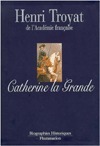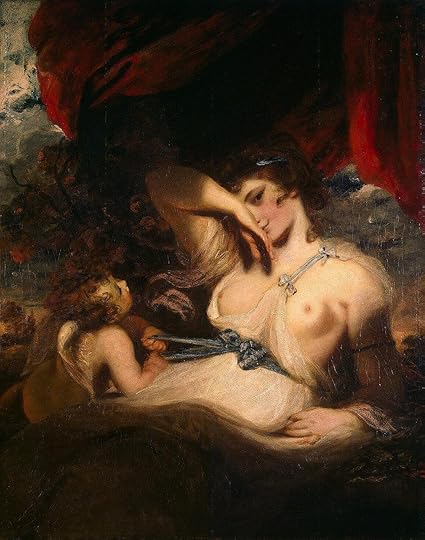What do you think?
Rate this book


544 pages, Paperback
First published January 1, 1977
"Catherine the Great: Arts for the Empire - Masterpieces from The State Hermitage Museum, Russia Catherine the Great, Empress of Russia (1729–1796), was one of history’s greatest art patrons. Visitors will have a glimpse of Imperial Russia with this exhibition of paintings, sculpture, furniture, gems, and decorative arts, including the dazzling 18th century Coronation Coach."
